ICP's Bitcoin Integration and the Web3 Revolution Have Arrived
The wait is over - Bitcoin integration is here! Learn about how Infinity Swap aims to become the DeFi hub for the Web3 revolution.

Over the past year, you've likely heard about the DFINITY Foundation's plan to integrate the ICP blockchain with Bitcoin. According to Business Wire, implementation was initially scheduled for Q4 2021. The long wait has been frustrating, to say the least, with repeated delays pushing the timeline out to November 2022.
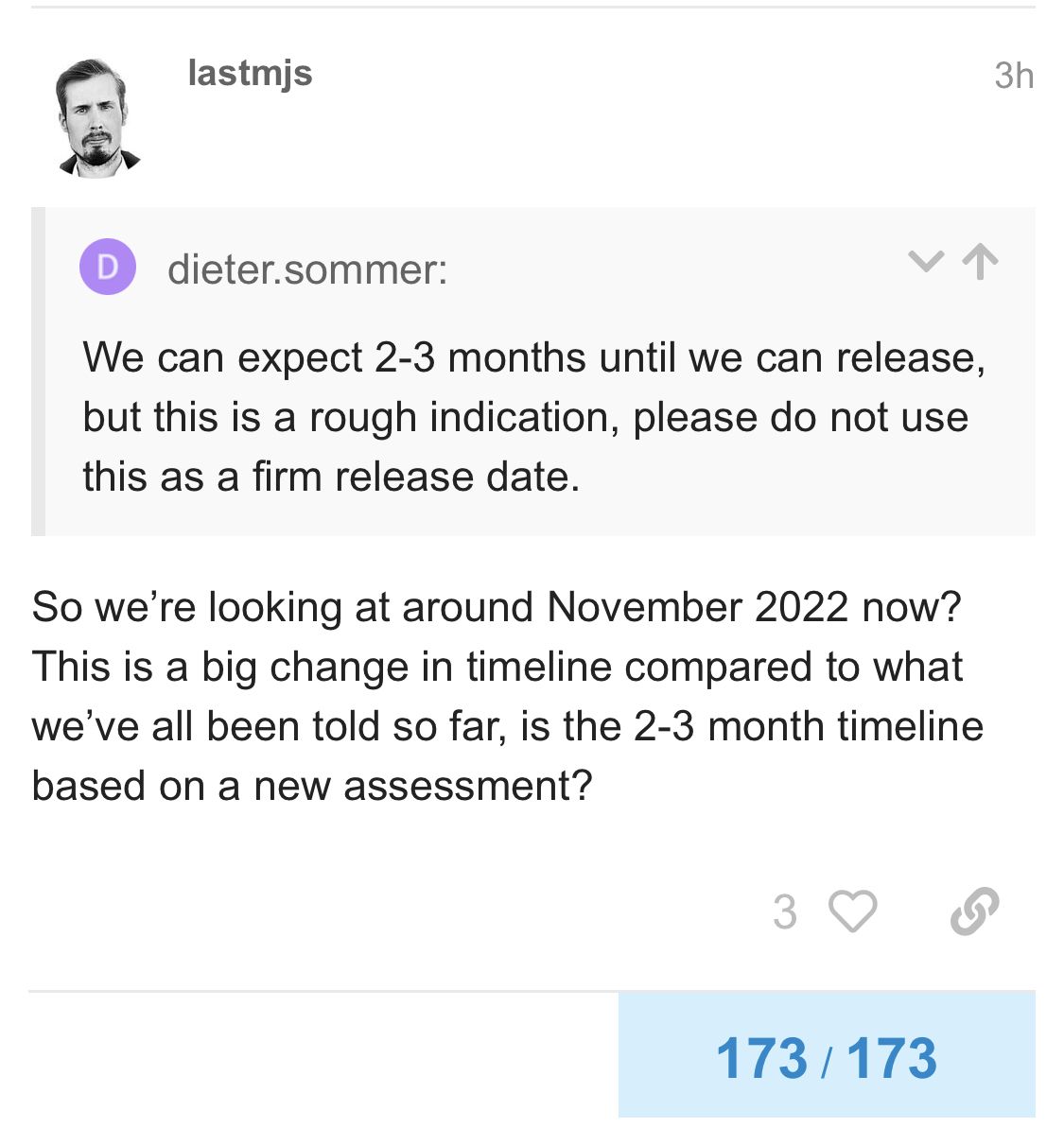
Although the NNS proposal to move forward with Bitcoin integration was approved on September 17, 2021, technical challenges were significantly underestimated at the time. The beta release of the Internet Computer's Bitcoin integration did not debut on ICP's testnet until August 2022.
Now, however, the wait is over. ICP's Bitcoin integration and the Web3 revolution have arrived in earnest.
.@dfinity Public Global R&D (right now)@manudrijvers says in 1 week #ICP smart contracts will start receiving and sending bitcoin, ON Bitcoin, and creating ETH TXs, ON Ethereum... no insecure bridges - just hardcore crypto🔥🎯💪#WorldComputer #DeFi https://t.co/FXMaY5PaKO
— dom.icp ∞ (@dominic_w) November 23, 2022
What is Bitcoin integration? Why does it Matter?
But what exactly is blockchain integration and why does it matter?
Building another blockchain bridge to Bitcoin would be straightforward enough. A blockchain bridge is simply a separate, third-party protocol that connects two blockchains to enable interactions between them. Think of a bridge as a translation service mixed with a currency exchange center.
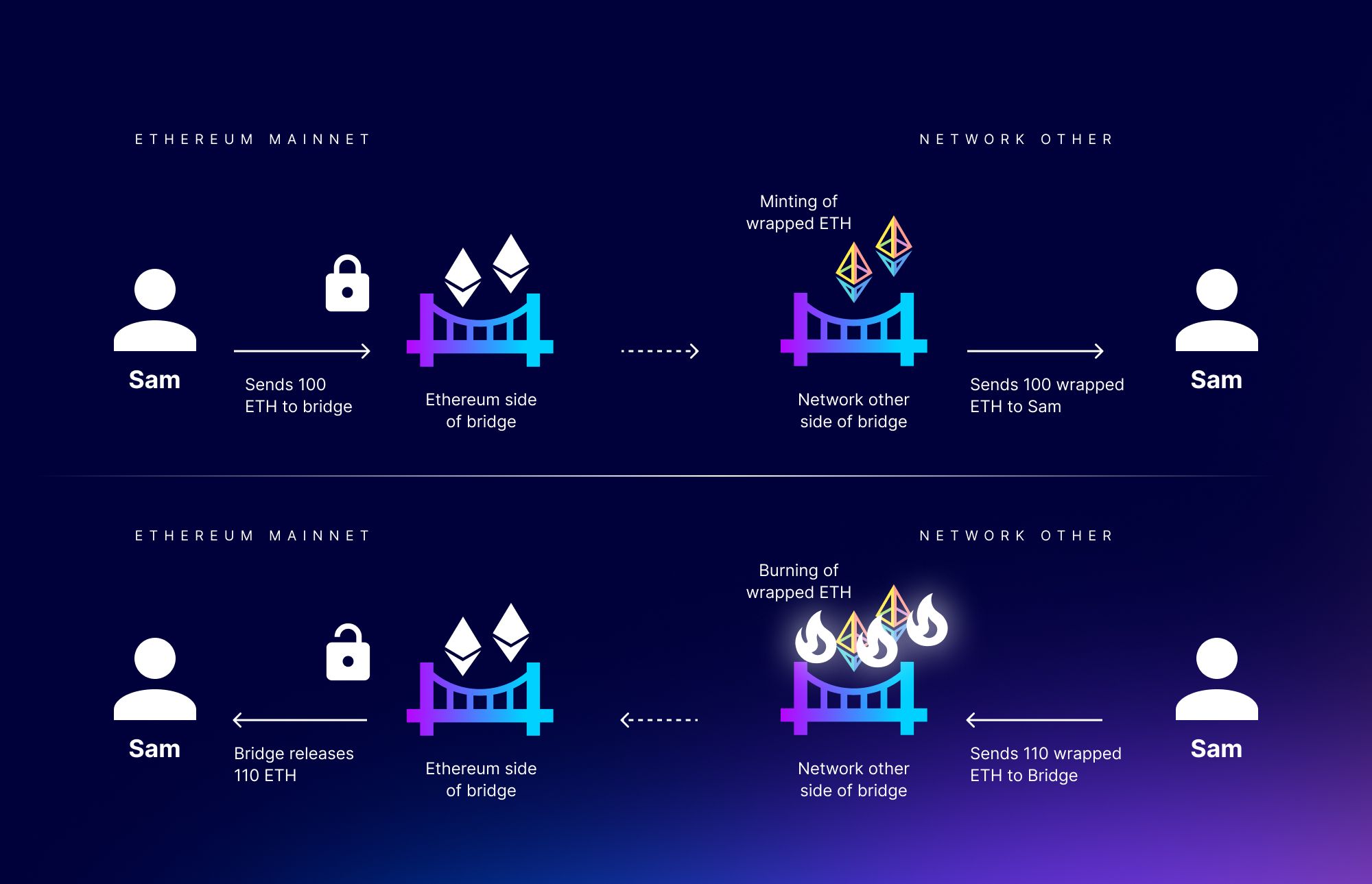
Transactions that occur on one side of the blockchain network bridge are observed by the third-party protocol and then mirrored by that protocol, on the other side of the bridge. This requires all parties involved in the transaction to trust the bridge to carry out instructions as intended.
Blockchain Bridges are Risky
However, the easiest route is not always the best. Bridges between blockchains can be advantageous for interoperability across Web3, but they are especially vulnerable to cyberattacks and present significant security risks. Zhiyuan Sun at Coin Telegraph reports that over the past two years, more than $2.5 billion USD in digital assets were lost due to blockchain bridge exploits. To put that in perspective, that's about 10% of NASA's annual operating budget.
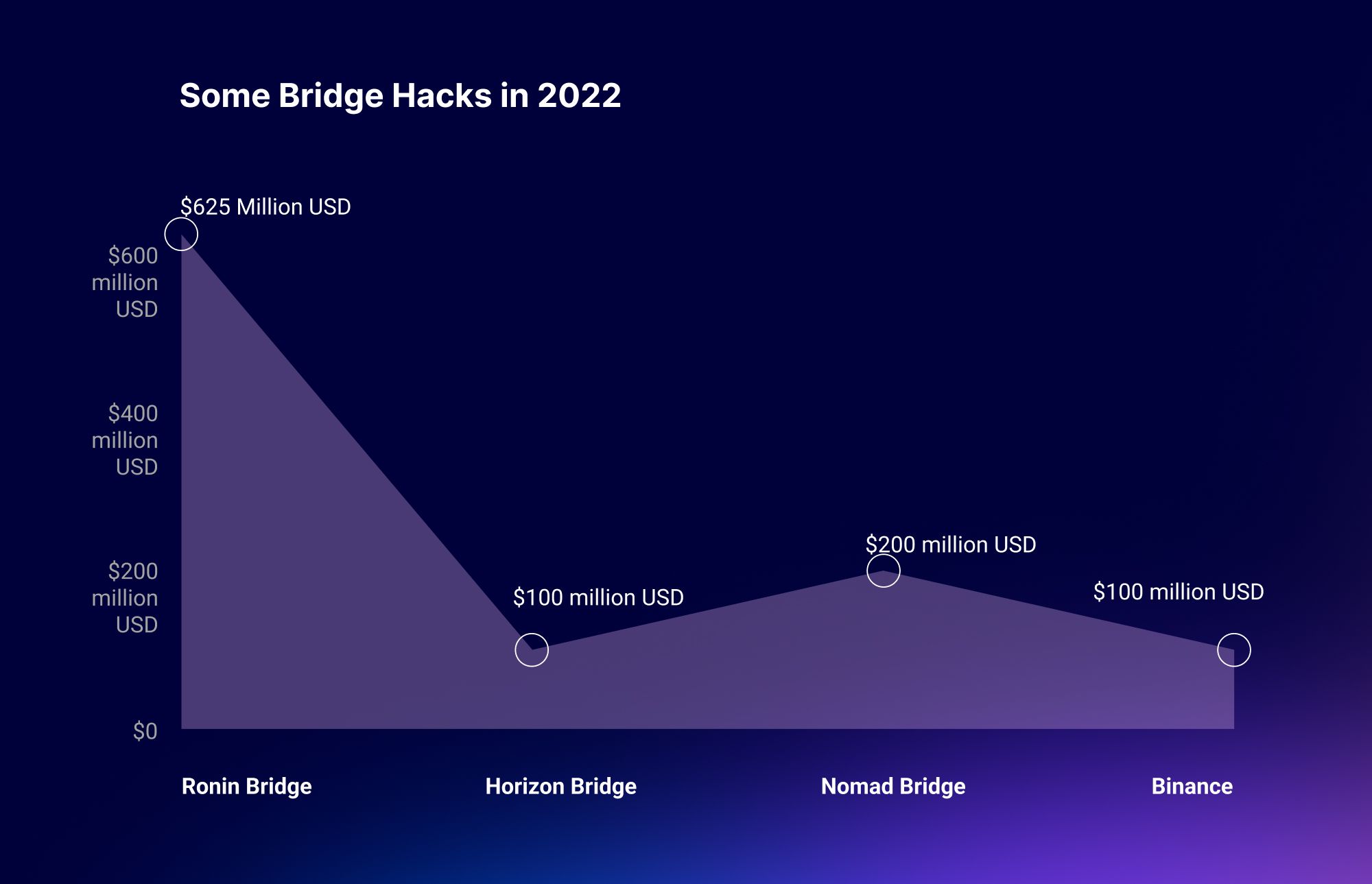
Sadly, the problem appears to be getting worse over time, judging from reports on CoinDesk. In March 2022, $625 million USD worth of cryptocurrencies were stolen from the Ronin Bridge. In June, Harmony One’s Horizon Bridge lost $100 million USD. In August, Nomad Bridge lost $200 million USD. Just last month, Binance confirmed it had been hit by a $100 million USD blockchain bridge hack.
Blockchain Bridges are Expensive
Apart from security liabilities, blockchain bridges must also contend with the problem of transaction fees and other related financial and lag-time inconveniences inherent in third-party protocols. Not to mention, bridges are intermediary, custodian services that can pose a threat to the ownership of digital assets.
Consider, for example, Wrapped Bitcoin. Wrapped Bitcoin is an ERC-20 Ethereum token that represents Bitcoin. Prior to ICP's Bitcoin integration and the launch of decentralized exchanges like Infinity Swap, Wrapped Bitcoin was the only way to trade Bitcoin in DeFi. Unfortunately, wrapping services like RenVM and BitGo, and bridges like Terabithia, maintain custody of customers' Bitcoin as intermediaries. That kind of centralization and trust in third parties can carry significant risks, as FTX users recently learned the hard way.
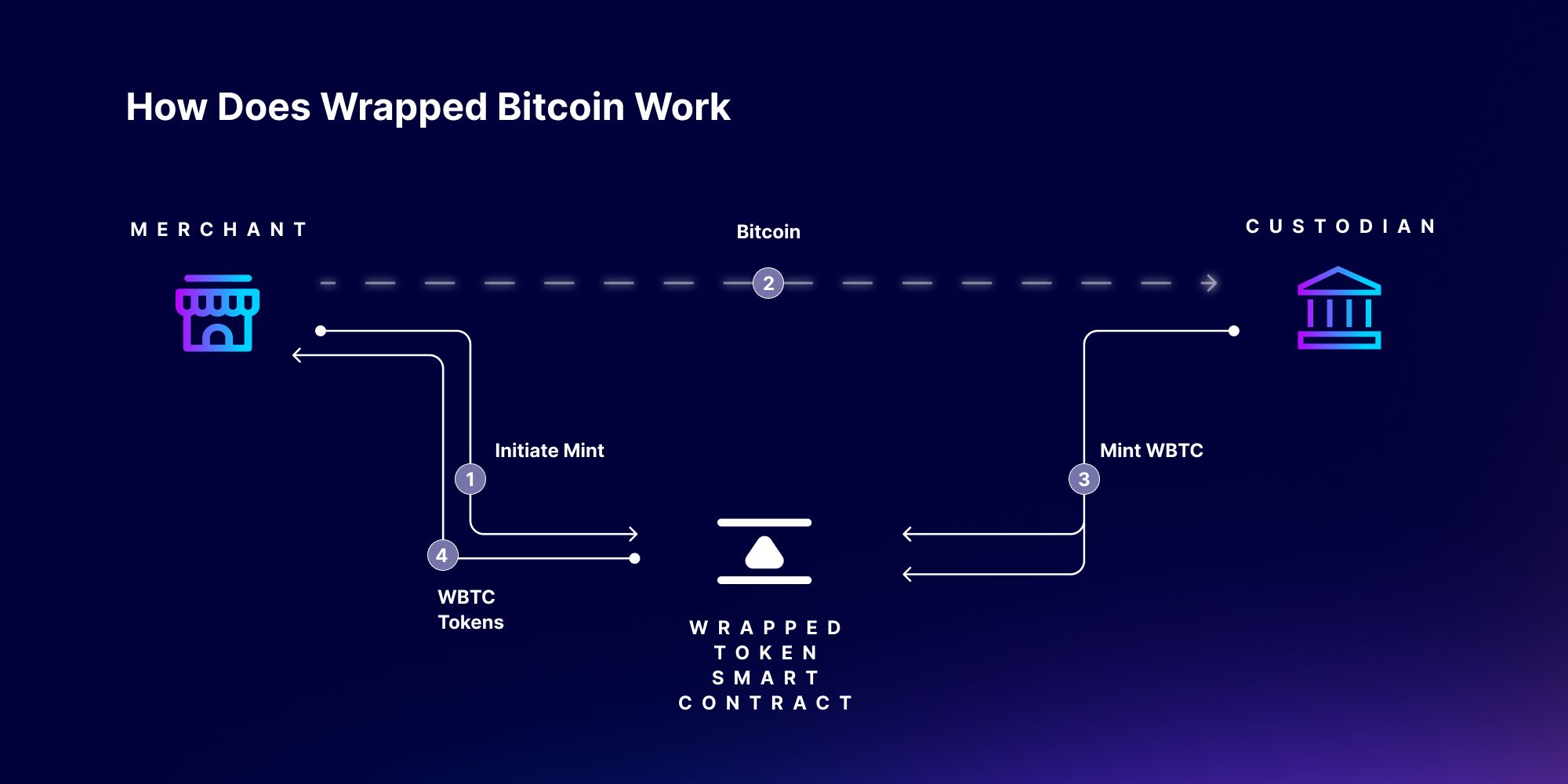
Due to a lack of trust in third-party protocols, before Infinity Swap's launch with ICP's Bitcoin integration, less than 2% of Bitcoin existed as Wrapped Bitcoin for DeFi. People were understandably hesitant to hand over the cryptographic keys of their crypto to an intermediary. Now, however, the sky's the limit, because, with Infinity Swap, Bitcoin can be traded as-is, without any intermediary services, proxy tokens, or bridges.
The Bridgeless Future
In contrast to traditional wrapped assets, ICP's Bitcoin integration uses Chain Key cryptography to assign each smart contract canister its own Bitcoin public key, thus directly linking the Internet Computer with the Bitcoin network. In other words, smart contract canisters on the Internet Computer will be able to hold, send and receive their own Chain Key linked Bitcoin, ckBTC.
With ckBTC, a canister smart contract on the ICP blockchain is responsible for minting and redeeming wrapped tokens, not some centralized third party like FTX. Sadly, people who traded Bitcoin on Solana were effectively surrendering their own BitCoins in exchange for Solana Wrapped Bitcoin, soBTC, which could only be redeemed for actual Bitcoin on the FTX exchange. Now that FTX has collapsed, it may be impossible to ever exchange soBTC for real Bitcoin again.
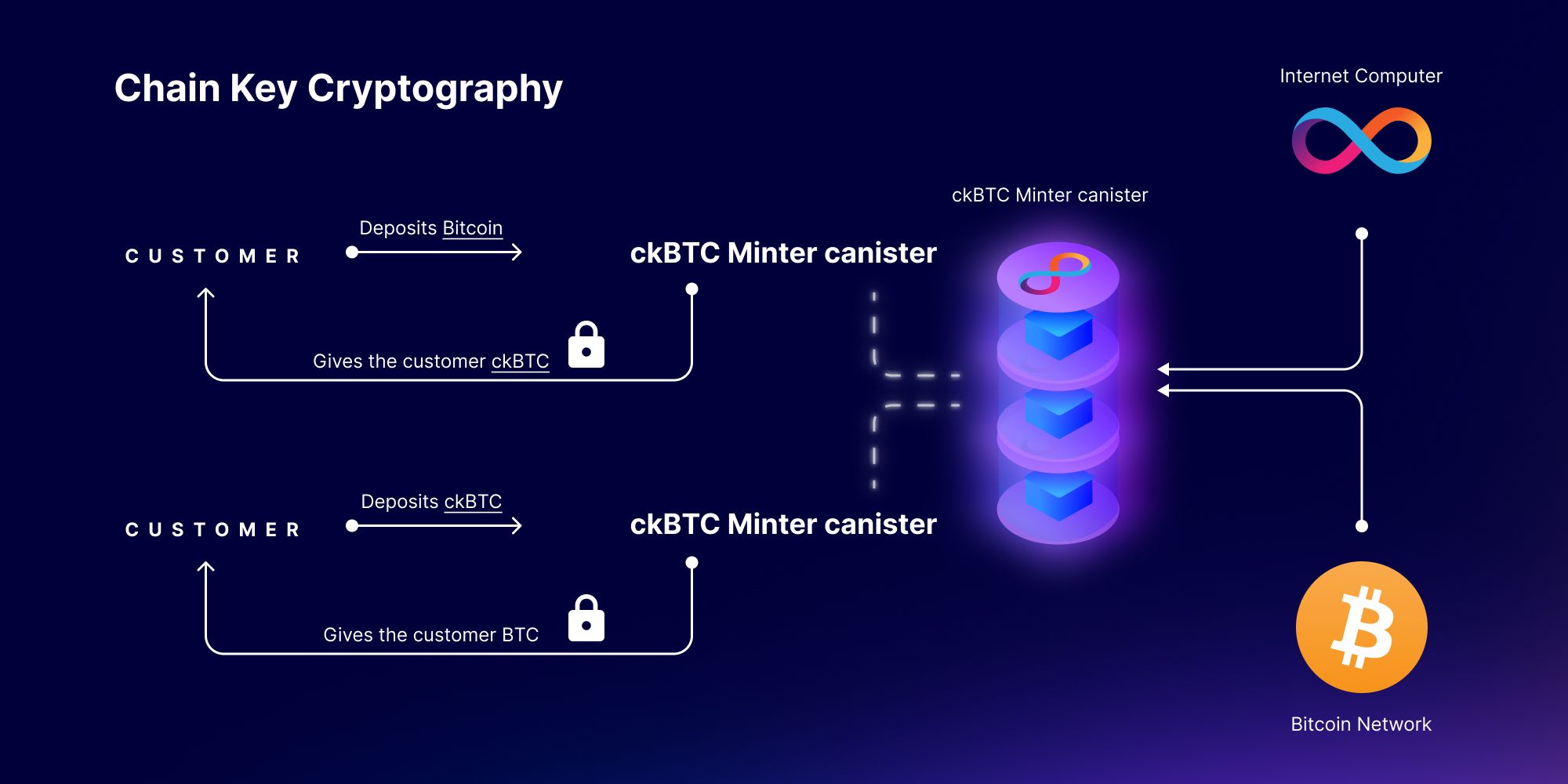
This will be impossible for ckBTC traded on Infinity Swap. To obtain ckBTC, traders on the Infinity Swap marketplace deposit native Bitcoin to a smart contract canister that controls an address on the Bitcoin network. This canister, the ckBTC minter, holds exactly one native Bitcoin for every ckBTC it issues. Traders can always use this canister to redeem ckBTCs to get native Bitcoin. The ckBTC minter canister is controlled by the Internet Computer's NNS, so it cannot disappear or default on credit like FTX or other centralized exchanges.
Infinity Swap: the Future HQ of DeFi
The ability for Infinity Swap customers to make Bitcoin transactions directly on the Internet Computer blockchain will revolutionize DeFi. For the first time, the power and popularity of Bitcoin can be truly and fully combined and empowered with smart contract canisters.
How Infinity Swap Benefits Bitcoin
Advocates of cryptocurrency over the past decade have proclaimed Bitcoin as digital gold and a haven for inflation-wracked economies. Regrettably, things haven't worked out as anticipated. To make a comeback from its recent lows, Bitcoin can rely on Infinity Swap and the Internet Computer to overcome transaction processing challenges and incorporate the new features and innovations of more modern blockchains.
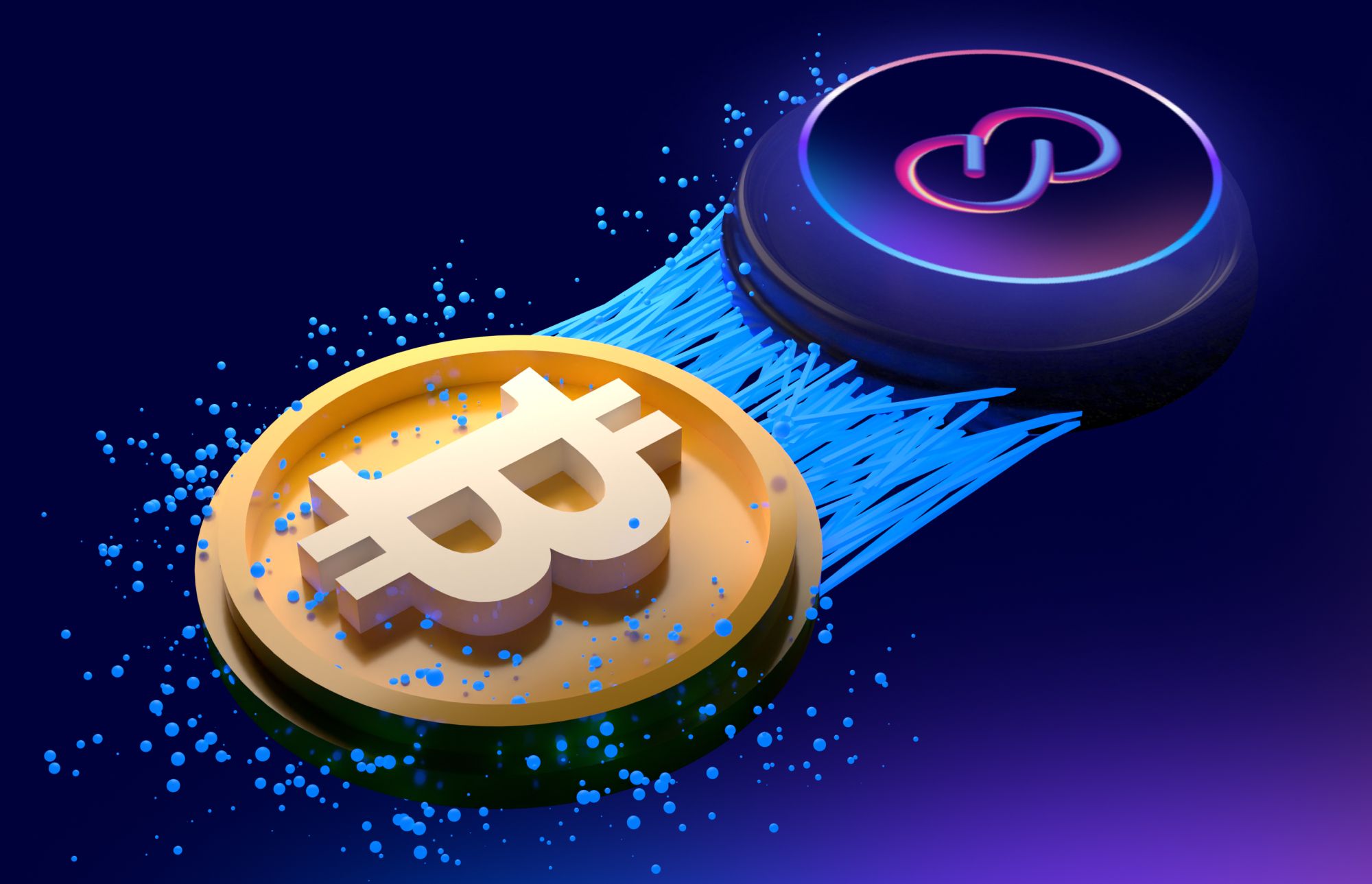
Thanks to ICP, Bitcoin transactions on Infinity Swap will happen at Web speed. Before ICP's Bitcoin integration, the Bitcoin network could only process 7 transactions per second. In contrast, ICP processes 11,500 transactions per second and is getting faster with each passing day. That's already nearly 1,643 times as many transactions as the Bitcoin network can handle on its own!
How Bitcoin Benefits Infinity Swap
Moreover, unlike other blockchains, the Internet Computer enables Web3 developers to create software that interacts directly with Web2 resources, thanks to HTTPS outcalls. HTTPS outcalls refer to the ability of an Internet Computer canister to “call out” to an external resource, like exchange rates on Coinbase. HTTPS outcalls will eliminate the need for oracles and even support blockchains like Chainlink.
ICP's integration with Bitcoin will allow application developers to accommodate cryptocurrency transactions from the start. That will put a whole new world of DeFi tools in the hands of Infinity Swap customers. For example, imagine coupling beam approaches to income with Bitcoin payments on Infinity Swap to compensate workers in real-time. All that, and more, is possible.
Infinity Swap as the Global Hub of DeFi
In fact, Infinity Swap aims to become the global hub for DeFi. The DFINITY Foundation's Internet Computer is the highly anticipated backbone of Web3, and we are determined to provide the fiscal muscle to move it forward. Just like today's Internet, tomorrow's decentralized, user-owned, and user-governed global network will need currency to facilitate the exchange of services and ideas.
That's where Infinity Swap fits into the picture.

While ICP is valuable in its own right, the Internet Computer holds the potential to become the primary blockchain medium through which Bitcoin and other cryptocurrencies are exchanged. That positions Infinity Swap as a powerful hub for global yet decentralized trading. Think of Infinity Swap as a series of ATMs that are plugged directly into the blockchain, stretching across the globe. This will allow Web3 users to quickly and reliably access Bitcoin, and soon any other coin, from anywhere at any time.
Conclusion: Infinity Swap and the Web3 Revolution
Our decentralized exchange at Infinity Swap will plug into the groundbreaking capabilities of the Internet Computer. This includes direct integration with Bitcoin, and soon, other cryptocurrencies like Ethereum. Our smart contract canisters complement ICP's Chain Key and Chain Key TX technology to empower customers to swap cryptocurrency tokens at a fraction of our competitors' costs.
We have the talent and the resources needed to succeed. Infinity Swap has been awarded a DFINITY Foundation grant for our research on token standards. We have also raised capital from PolyChain's Beacon Fund, which was set up to support promising projects on the Internet Computer.

Join us, as we supercharge the Web3 revolution with DeFi solutions for everyone!
Connect with InfinitySwap
Twitter | Website | Telegram | Discord | Github



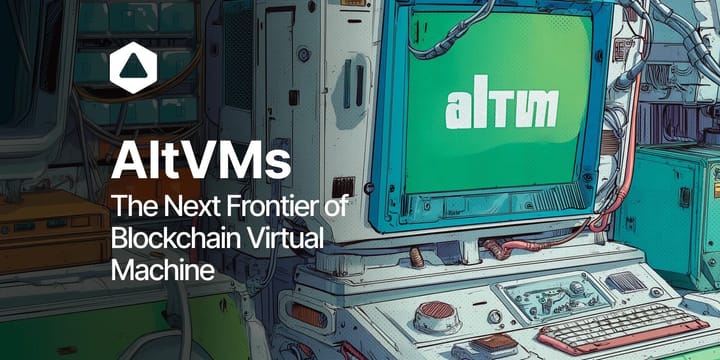
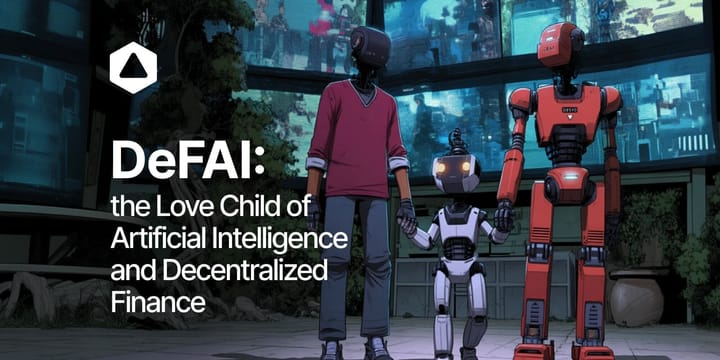
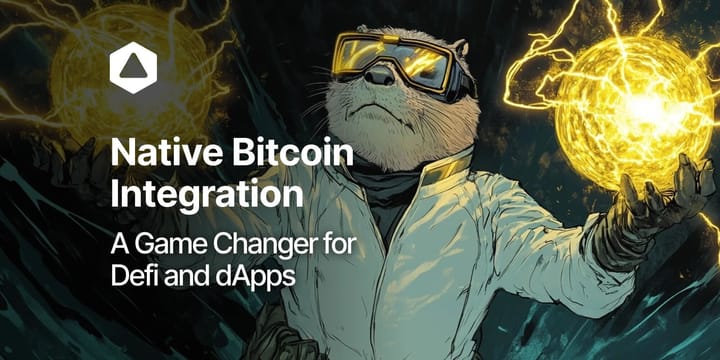
Comments ()